Posted on 2/20/2024
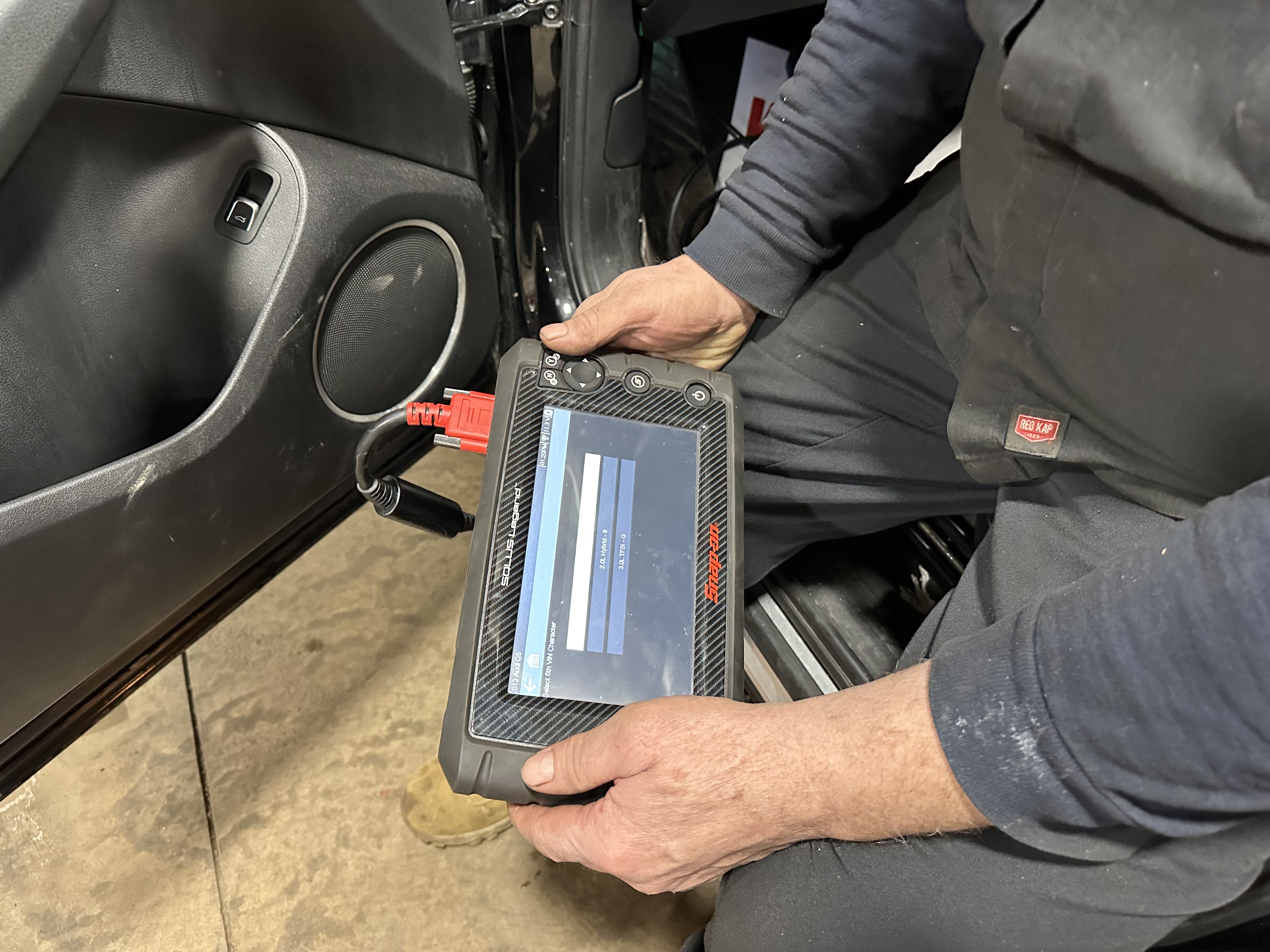
Ever wondered what to do when your car starts acting up, making weird noises, or just not driving like it used to? Well, the usual move is to head to the mechanic, right? But what if, even after the mechanic's thorough check, the problem isn't clear? That's where drivability diagnostics steps in. Let's break down what drivability diagnostics really are and how they come to the rescue. Drivability diagnostics is basically a fancy term for a process that figures out what's going wonky with your car's performance. Picture this: there are special tools involved, kind of like the car doctor's toolkit, used to figure out problems in key areas like the engine, transmission, and fuel system. Now, t ... read more
Posted on 9/18/2023
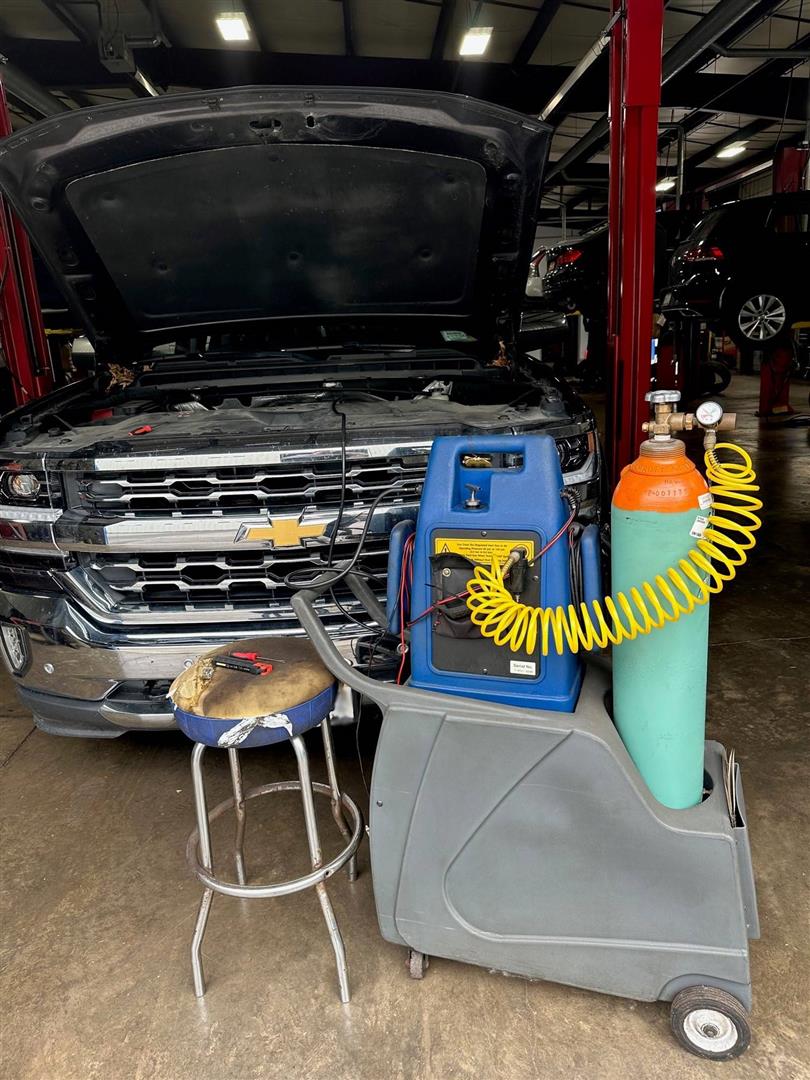
An EVAP test is like a checkup for your car to make sure it's not letting out bad stuff into the air. Understanding what it is and how it works is important. What's the EVAP System? EVAP stands for Evaporative Emissions Control System. This keeps gas fumes from escaping your car's gas tank. During an EVAP test, a mechanic looks for any holes or leaks in this system. How Does the EVAP Test Work? The mechanic first makes sure your gas cap is on tight and then tests your car's fuel system. They even use a machine that blows smoke into your fuel system to find leaks. Tips to Pass the EVAP Test To make sure you pass the EVAP test: 1. Always seal your gas cap tightly. 2. Don't drive your car with an almost empty gas tank. ... read more
Posted on 7/6/2023
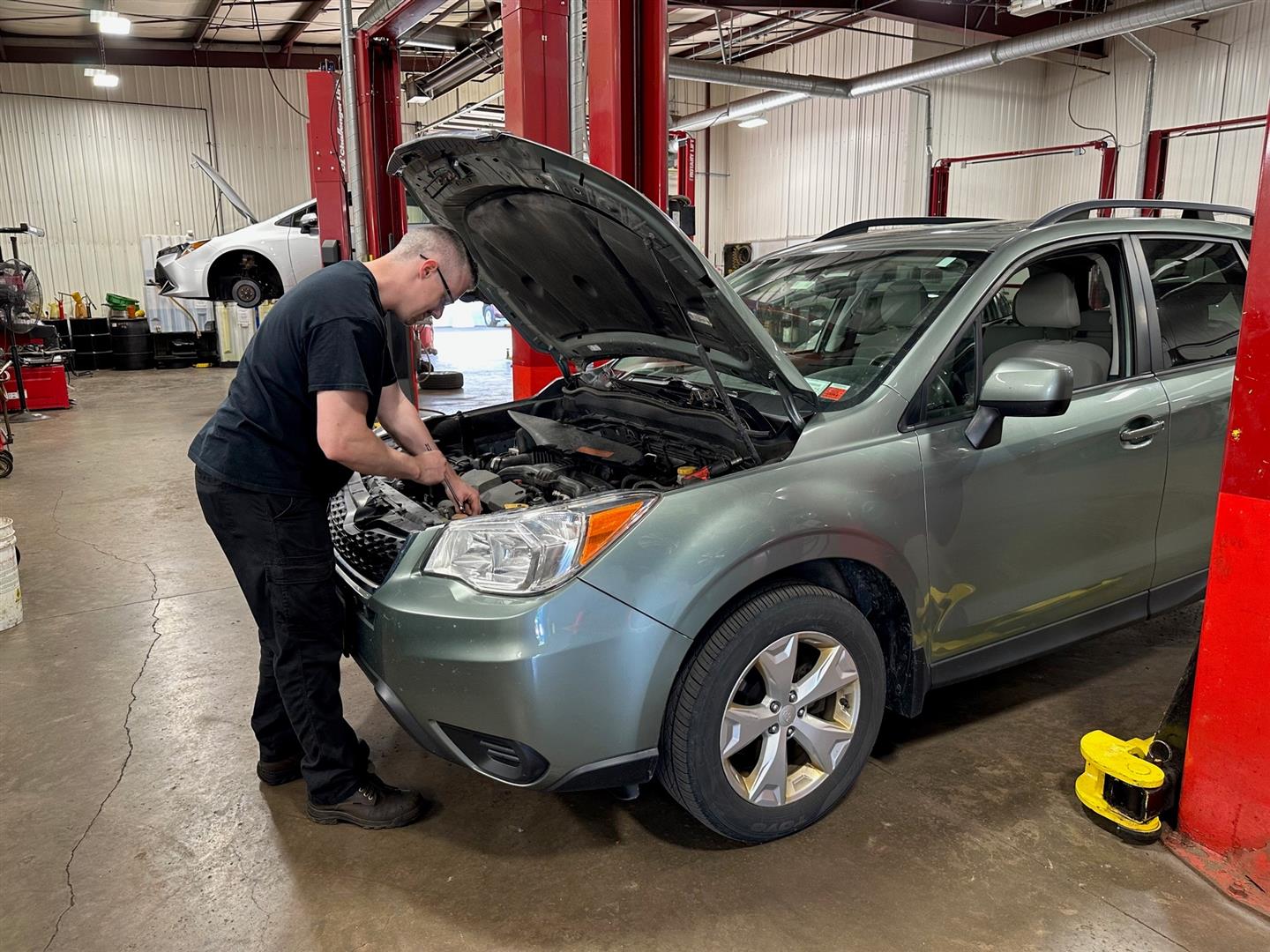
A common problem many drivers face is overheating. Serious engine and transmission damage can occur when a vehicle over heats. Learn more about what causes a car to overheat and how to avoid it. Low Coolant Level: Coolant or antifreeze helps keep the engine cool by circulating throughout the engine block and radiator. If there is not enough coolant, the system cannot dissipate heat. This causes the engine to overheat. Check the coolant level often and add more if necessary. Broken Thermostat: The thermostat controls the temperature of the engine. It can cause the engine to overheat or run too cold if it fails. A thermostat can break for reasons, such as corrosion, wear, or a mechanical failure. Have a mechanic replace your thermostat if you think it may be broken. Radiator Problems: The radiator dissipates heat from the engine that the coolant has absorbed. If the radiator is clog ... read more
Posted on 2/28/2023

Making the decision to repair or replace your car can be tough. On the one hand, you don’t want to sink too much money into an old car – but on the other, you don’t want to spend more than you have to. Before making any decisions, weighing each option’s pros and cons is important. Let’s break it down for customers looking for guidance. Assessing Your Car’s Condition The first thing to do before deciding whether to fix or get rid of your car is to assess its condition. If your car is newer and still under warranty, many repairs may be covered by the manufacturer. And that makes it easier to decide whether to keep it or not. If it’s an older model, other things need to be taken into account. Consider how much money you have already invested in repairs versus how much longer you think the car will last if fixed again. Inv ... read more
Posted on 12/27/2022
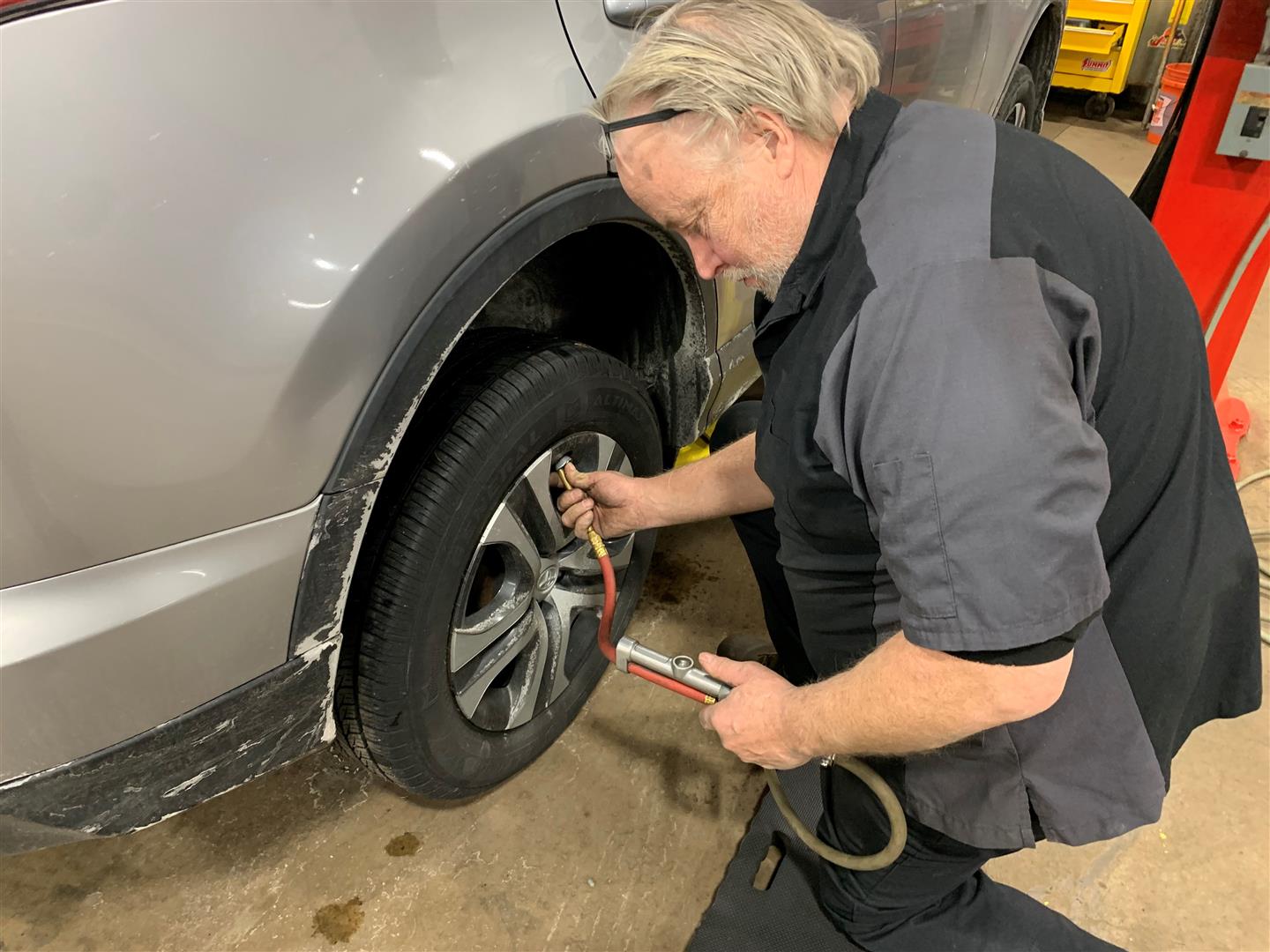
Having the correct air pressure in your tires can help you get the most out of your vehicle. The proper air pressure helps your car handle better on the road, allows for a more even tire wear and can help with better gas mileage. Learn more about your vehicle’s recommended tire pressure. CHECK TIRE PRESSURES OFTEN Tires lose pressure daily, especially when the temperature changes. In colder weather, tires can lose one to two pounds a month. It is recommended to check your tire pressures a few times a month and don’t forget your spare. Be aware that many vehicles have different tire pressures on the front and rear axles. If your tires are underinflated, they can cause poor performance and decrease your gas mileage. Under-inflated tires can also cause premat ... read more
Posted on 10/26/2022
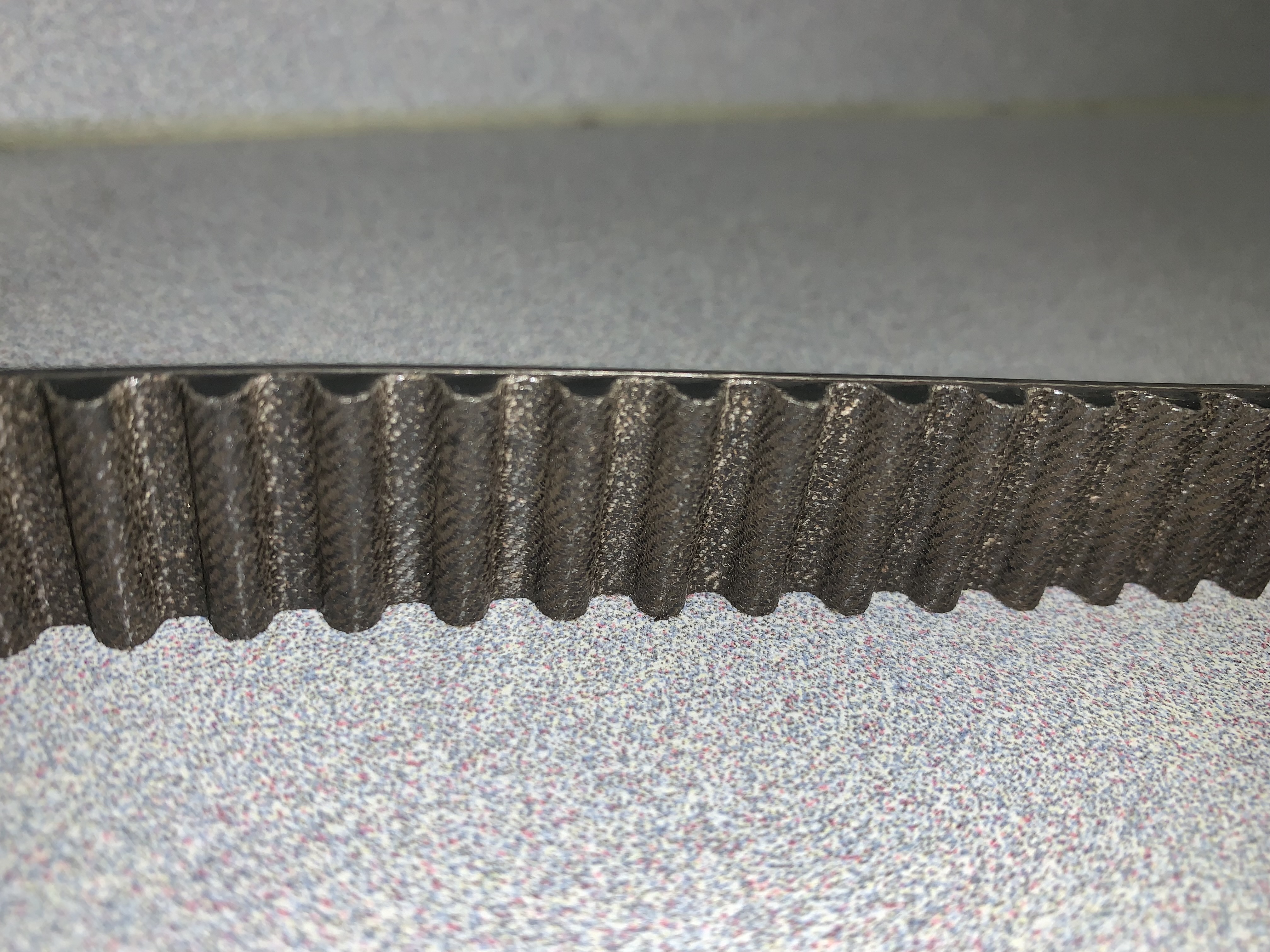
Timing belts are a common vehicle maintenance item and can wear out over time or break without warning. Your car’s engine relies on the timing belt to stay in sync. The timing belt ensures that everything in your engine operates smoothly and keeps you safe while driving. Find out how your timing belt works and when to replace it. What Is A Timing Belt? Your timing belt is made of rubber and has hard “teeth” that connect with gearwheels in the camshafts and crankshaft. The camshafts and crankshaft on a combustible engine work together to control the intake of fuel and the release of exhaust fumes. The timing belt is responsible for synchronizing the operations of the crankshaft and camshafts. If the engine components do not work in unison, your engine could experience loss of pressure, poor combustion, and power loss. This can result in costly repairs. Your car may have a timing chain instead of a timing belt, depending on your ... read more
Posted on 10/12/2022
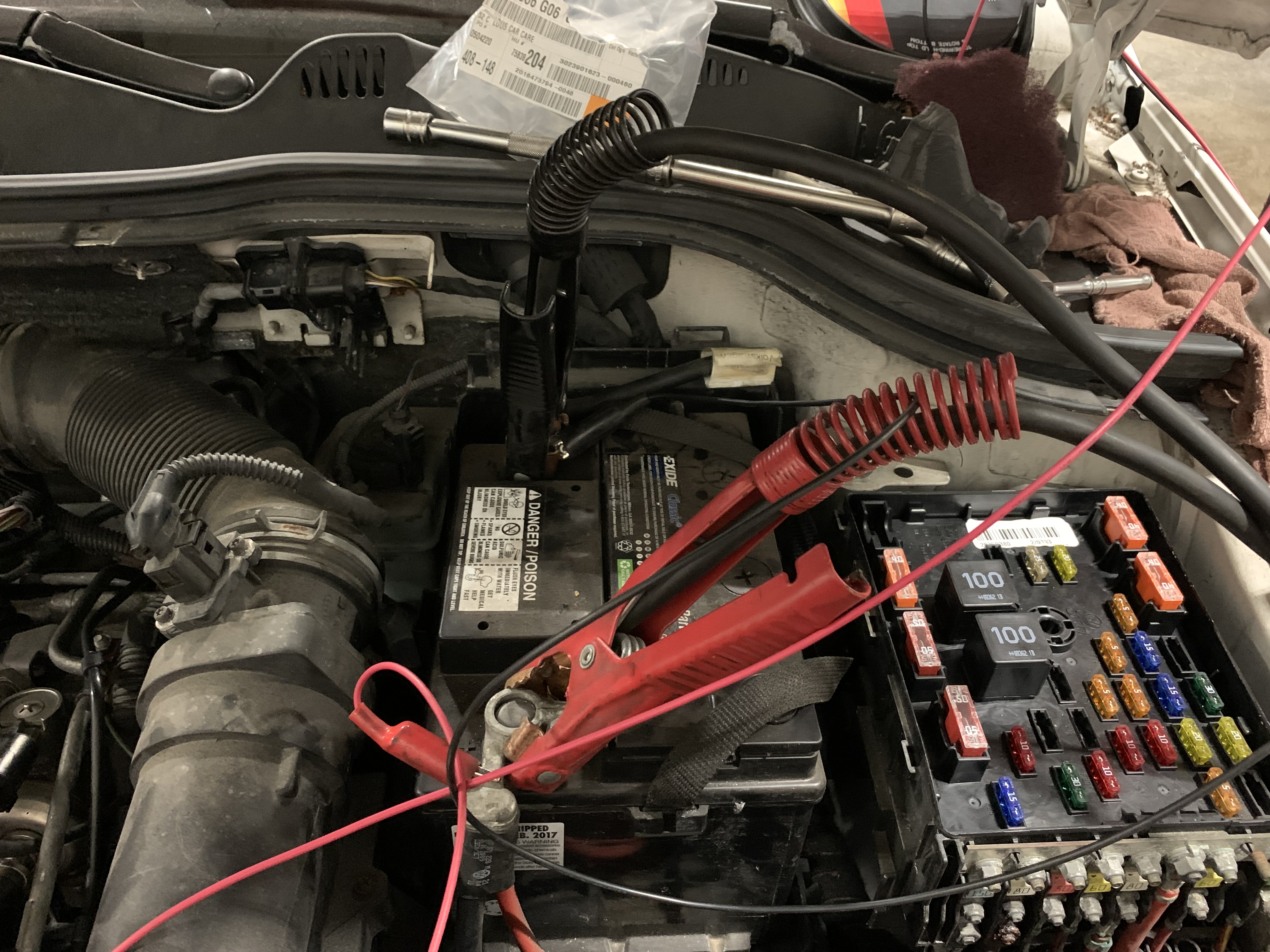
Fall Car Care is important as the colder weather rolls into Baldwinsville and Central New York. Freezing temperatures can wreak havoc on your vehicle’s battery. The cold temperatures weaken the battery by slowing down the chemical reactions inside it. This can make your battery harder to run. Frigid temperatures will also put strain your battery while trying to warm up a cold engine. Here are a few tips to help you maintain you car’s battery through the holiday and winter seasons. 1. Watch For Signs Of A Bad Battery Slow engine cranking Having to jump start your car frequently Dimming lights (headlights or interior lights) A Check Engine Light or Battery Light on your Dashboard 2. Have Your Battery Tested At Lou’s Car Care, we can help you with the most accurate way to te ... read more
Posted on 5/2/2022
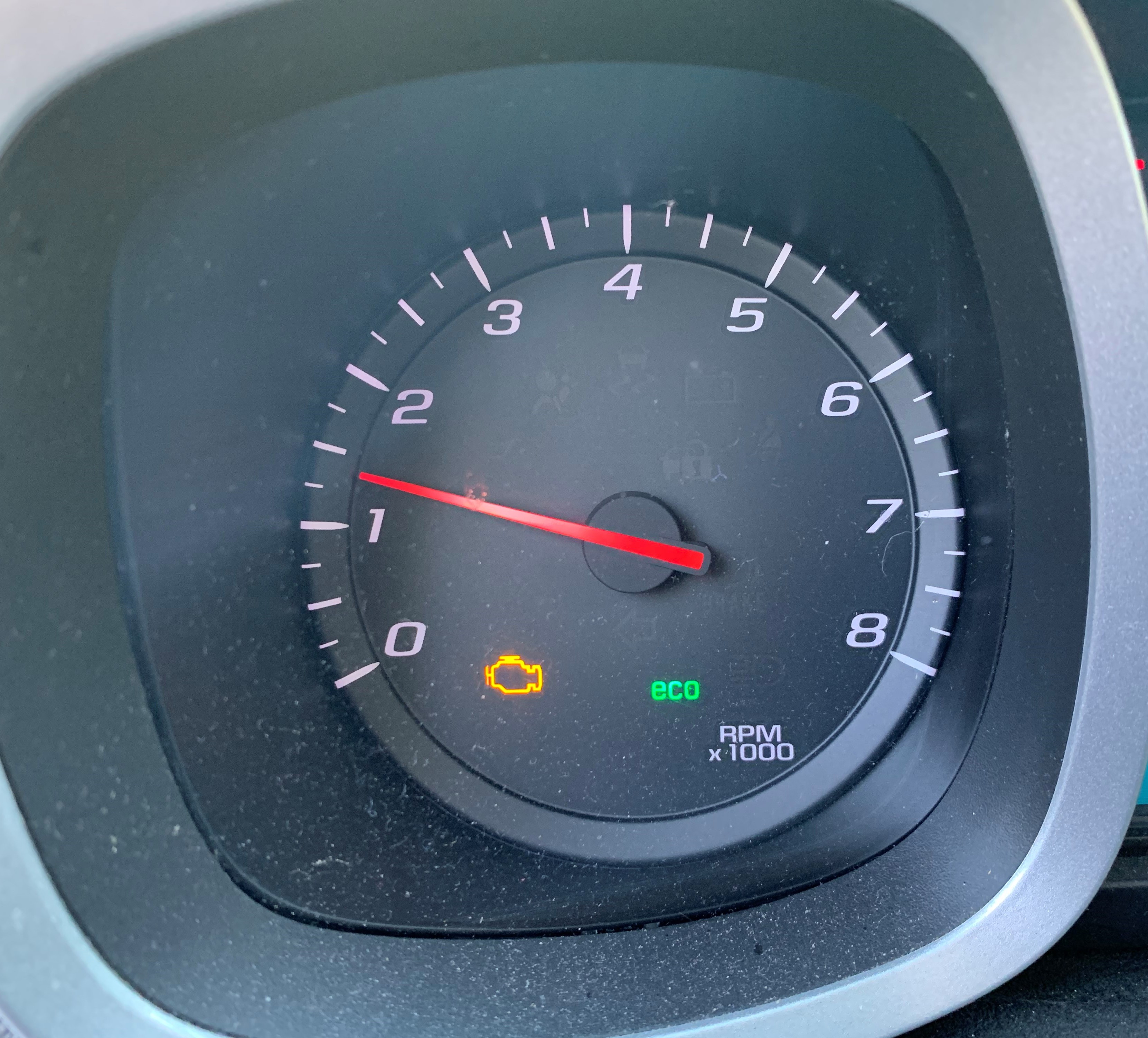
Your car will show you which areas of your vehicle need attention through the lights on your dashboard. If your tire pressure is low, the TPMS light will come on. The gas tank light comes on when you’re almost out of gas. But sometimes, it is not obvious what these lights are trying to tell us. A check engine light can appear on your dash for a variety of reasons. It could mean something simple like a loose gas cap or more complex like your engine is misfiring. So what should you do when your check engine light is on? Do Not Ignore Any Check Engine Light Clearly, something is a miss if the check engine light is on. Driving with a compromised engine could cause serious damage to different engine components if not assessed in a timely manner. If the check engine light is on steady and not flashing, you can keep driving it a ... read more
Posted on 2/4/2022
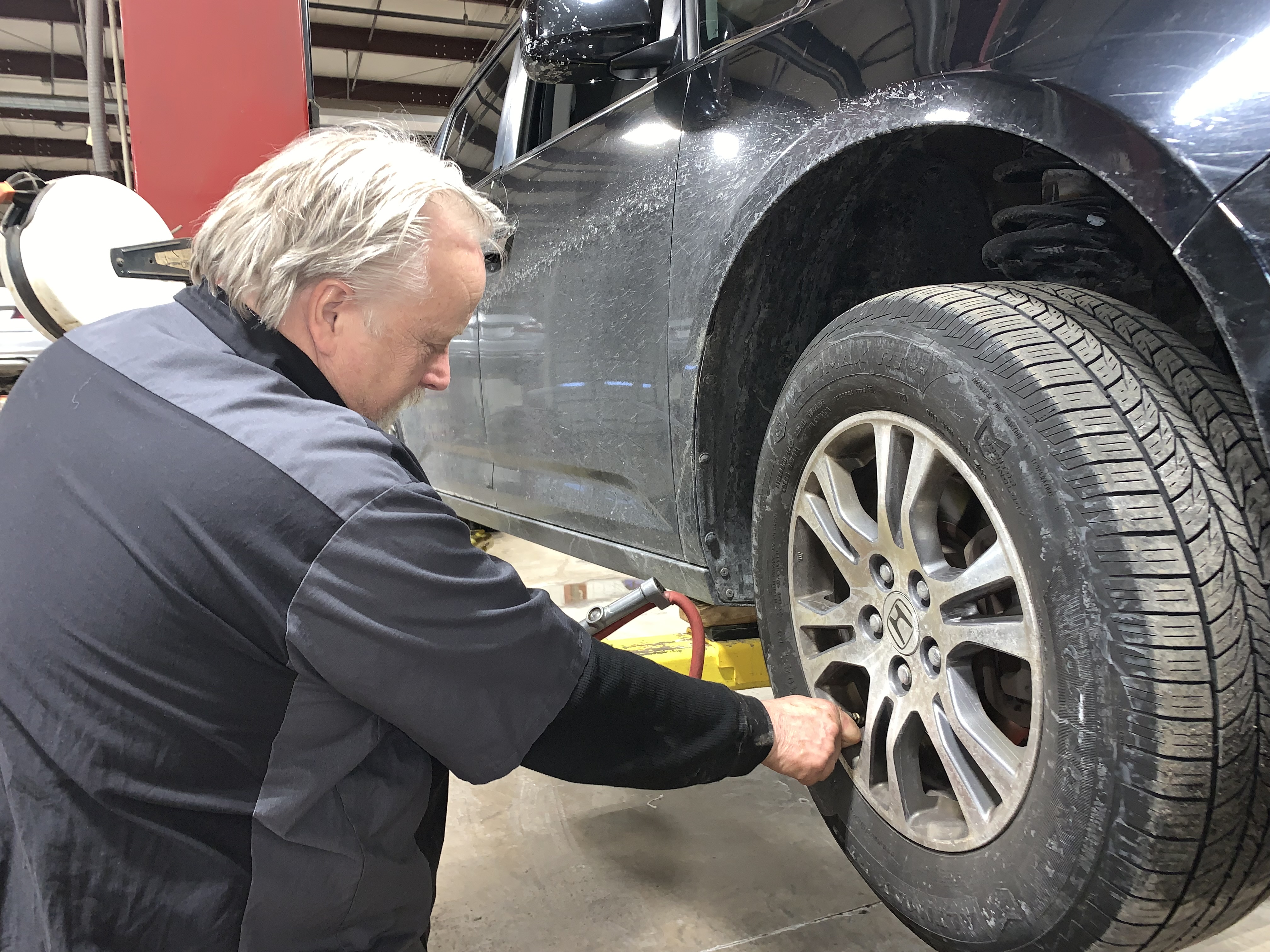
Why is my TPMS light on? There is always a level of concern that we feel whenever we are driving down the road and we hear that little “ding” and see that something has lit up on the dashboard. Is it a small, easily fixed problem coming up, or something much worse? One indicator that you might see light up is the TPMS, or tire pressure monitoring system. If you have not seen it before, it looks like a horseshoe with an exclamation point in it. When the TPMS light comes on it means one of two things; either your tire pressure is too high, or it is too low in one or more of your tires. Let’s talk about what you should do when this happens. Check the recommended tire pressure for your car Your car should have a recommended pressure for your front and wheel tires written on the doorjam of the driver’s door. If not, check your vehicle’s manual for the correct numbers. Sometimes, the front tire pressure is meant ... read more
Posted on 4/1/2021
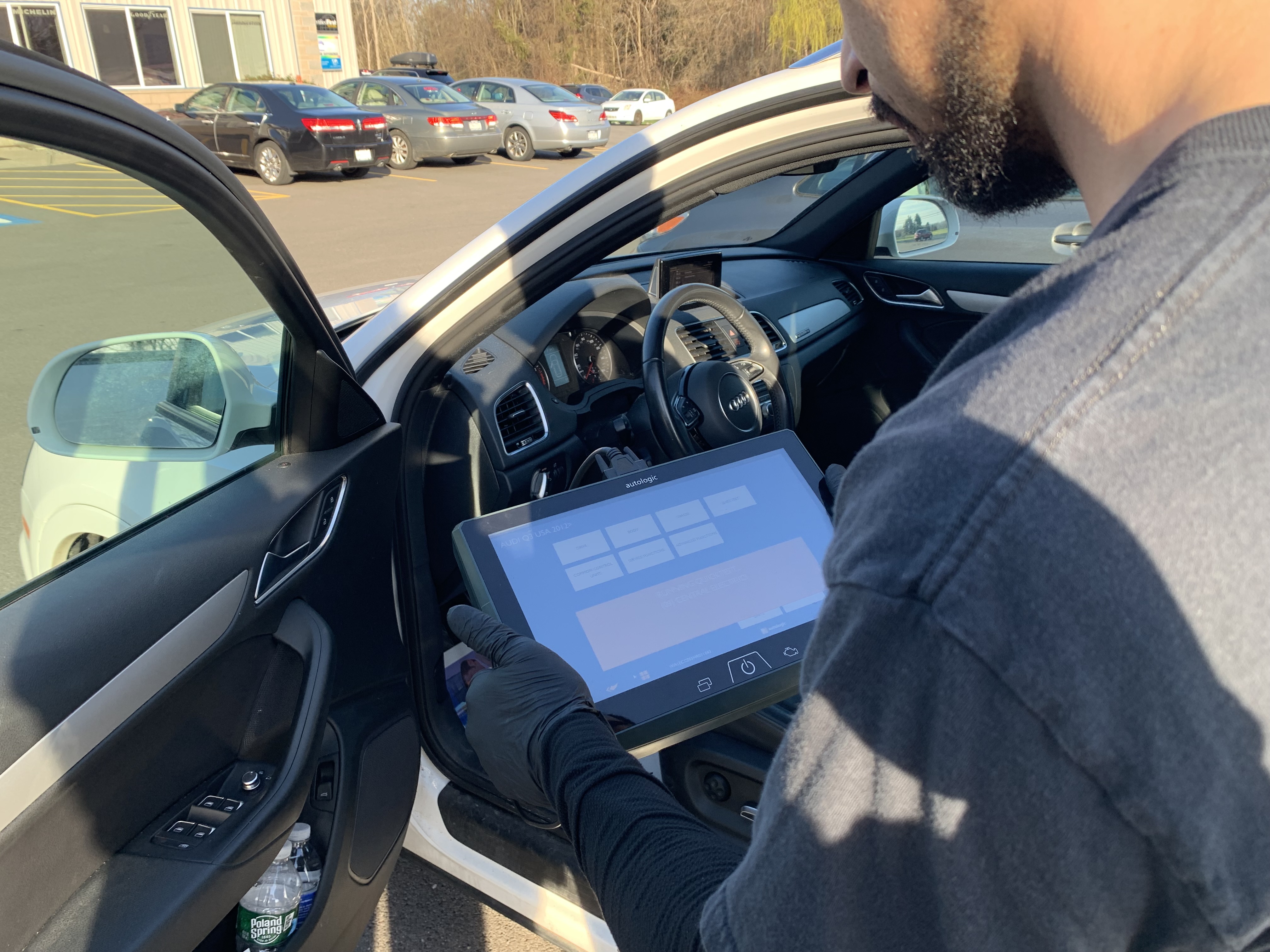
VEHICLE DIAGNOSTICS Over time, your vehicle will start to experience wear and tear from driving and display signs and symptoms that need attention. Take note if you hear, see, or feel something that is out of the ordinary such as: Are there any dashboard warning lights on? Is the check engine light on? If it is, is the light flashing or steady? Is your car is making a squeaking, thumping, whirring, clanging, dragging, or grinding noise ? Is your vehicle driving rough? Do you feel vibration, pulsation or shaking when driving or braking? Do you experience abnormalities at specific speeds- low speeds, highway speeds or all the time? Do you smell fuel, exhaust, burning, smoke, or mold when you are in your vehicle? The information from these questions are important and should be relayed to your auto technician in Baldwinsville, NY. These notes will help the technician narrow down the possible causes to your issue(s). Be sure to explain when these symptoms oc ... read more